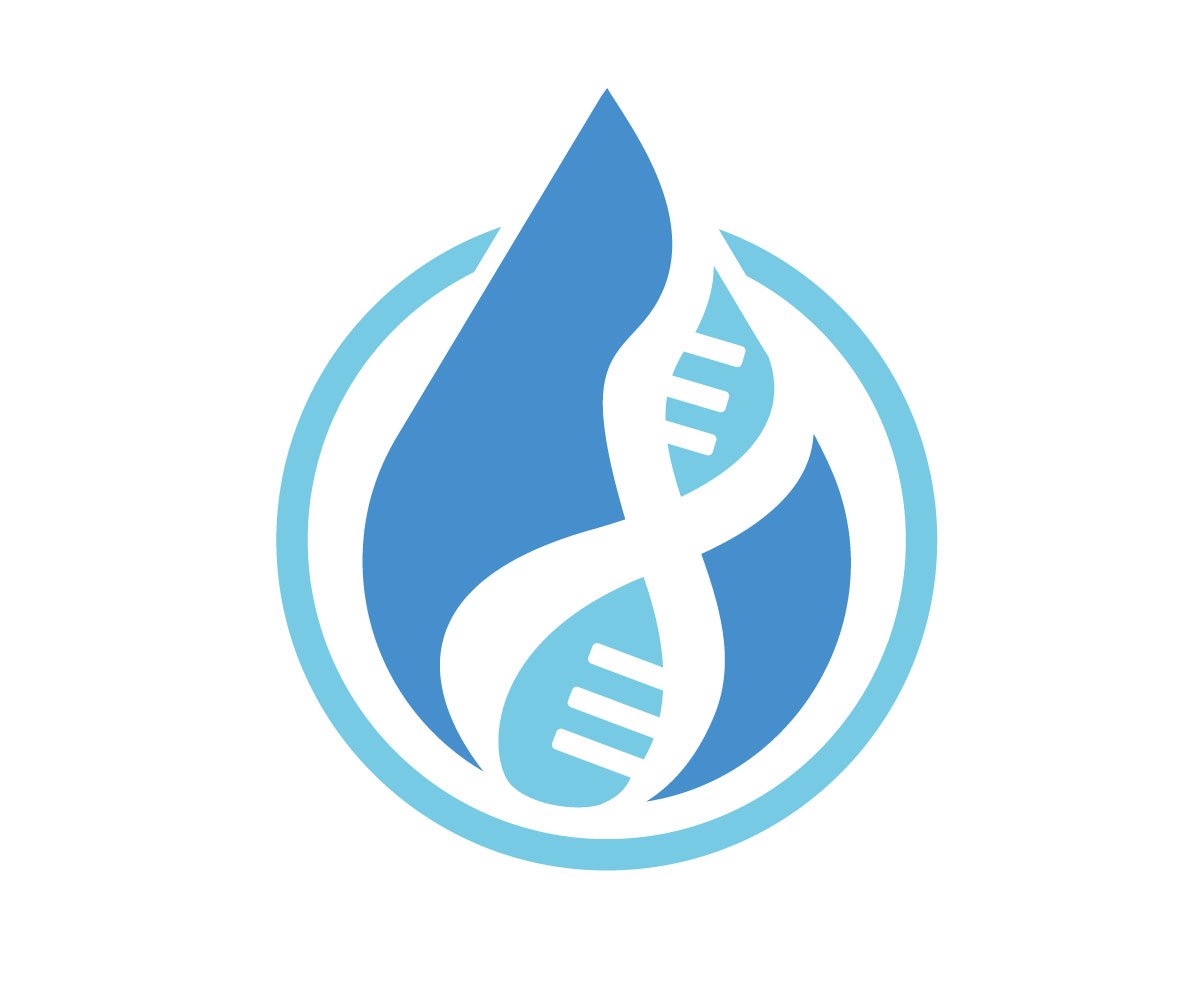DNA Testing and Family Medical History: A Short Intro for Genealogists
Genealogists are a creative bunch, and I love to read about the information they discover and record about family. Some genealogists track down death certificates and record the official cause of death for ancestors. Others learn medical history from living relatives and write that down. I quietly applaud when I read about someone finding and saving medical information on ancestors and relatives like this!
As a genetic counselor and genealogist, family medical history will always be important in my eyes. This information is difficult to retrieve once relatives pass away.
There are a million ways to create a family medical history, and countless number of reasons to do it. Luckily, there are online resources to help you.
Types of red flags a genetic counselor will ask more about
These “red flags” in a your personal or family medical history might help you stop and ask more from family members or try to do a little more digging into any documents you can find. A genetic counselor might try to ask for more details if you answer YES to questions like:
Do you have relatives who have experienced early-onset of a disease that usually affects older people? Think of things like heart attacks, dementia, cancer, etc.
Any unexplained cases of sudden death, especially in otherwise young and healthy relatives? Like single-car auto accidents or a young person who died in their sleep?
Do you know of any babies who died from SIDs (sudden infant death)?
Is there a strong family history of the same condition, like high cholesterol, seizures, etc.?
What’s your ethnic background? Some conditions run more strongly in certain ethnic groups.
Any chance recent generations of your family were closely related to one another, such as cousins marrying cousins?
Based on how you answer questions like these, there might be specific follow up questions and certain DNA tests to be considered. DNA tests ordered specifically to investigate the genetic cause for a specific medical reason are usually much more comprehensive and sensitive than any type of test you would have from the at-home testing market, or that could be found from digging into a raw data file from an DNA test ordered for ancestry purposes.
What if you don’t know your family history?
Many people don’t know their family history, due to reasons like adoption, donor conception, estrangement, having a small family, or having ancestors who died young before any hereditary diseases could develop.
Genetic counseling can still be a help to you, even if your social situation impacts your ability to have a full family medical history.
A relatively new type of DNA test called “proactive” gene testing gives healthy people insight into their personal risks, regardless of what’s in the family history.
More extensive tests like exome and genome analysis can add an additional layer to DNA health investigations, but these tests still need to be perfected before they can be of full use. There are medical-grade options and at-home options for exome and genome testing, and these tests differ in quality and how much of your DNA analysis gets reported back to you.
Some people rely on free or low-cost DNA analysis tools like Promethease and Xcode Life, but you can be falsely reassured (or falsely alarmed) if you use those tools and then stop there. There are better test options like gene panel tests available at clinical testing laboratories (Invitae and GeneDx, for example), and the price is dropping into the price range of many of the at-home test options.
How do I record the medical history I am able to obtain?
The tools for creating medical family trees abound!
The Surgeon General's "My Family Health Portrait" is a great tool to record a family medical tree.
The family health history tool at Invitae is another favorite of mine but is more efficient for those who have been professionally trained in creating family medical pedigrees, like genetic counselors.
Write it down on paper! Recording the information on a paper health form or in a notebook works, too. It doesn’t have to be drawn in any fancy way, as long as you write down as much as you learn.
Which matters more, DNA testing or family history?
Genetic testing and medical family history will never replace one another, both are important!
You may have better access to one or the other, so do your best in collecting and saving the information you can find.
What is your favorite way to build a family tree? Do you have tips for beginners just getting started in genealogy and family tree building? Leave a comment below!

